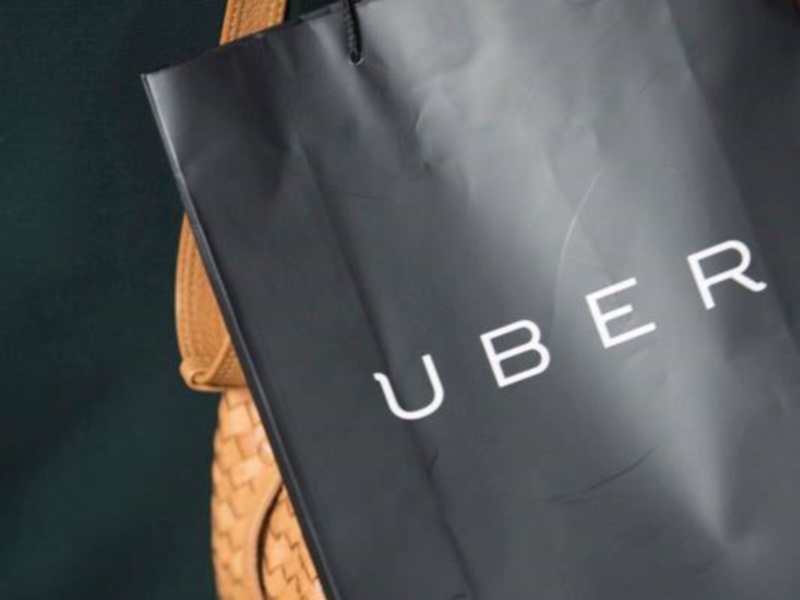
You might not suppose that Uber and strippers belong inside the equal sentence, however all are deeplyinquisitive about the tremendous criminal question of the sharing economic system: who’s anindependent contractor and who’s an employee?
Now a federal appeals court has weighed in with a ruling that strippers are employees. Its reasoning offersan vital window into the legal query on which a whole enterprise model relies upon.
The case arose from a lawsuit added with the aid of uncommon dancers running in several Marylandclubs. The dancers were not paid salaries by way of the clubs, which insisted that they have beenimpartial contractors. beginning in September, 2011, the golf equipment made the dancers signal ansettlement announcing that’s what they had been.
The dancers made their money from pointers and from what the court decorously called “overall performance charges,” probably paid for lap dances. The club also accumulated what it called a “tip-in”charge from everyone who got here into the membership, whether or not dancer or client.
Written agreements however, a collection of dancers sued the clubs, saying they were personnel and as a end result deserved legally mandated minimal wages.
A federal jury observed that the dancers have been employees and the usa courtroom of Appeals for the Fourth Circuit agreed in an opinion with the aid of choose J. Harvie Wilkinson, a Reagan appointee who used to appear regularly on lists of capability conservative ideal court nominees.
Wilkinson analyzed the question of employee versus unbiased contractor under the Federal exertionsstandards Act. The test, he stated, turned into one in all “monetary reality.” A court need to askwhether or not the employee is “economically depending on the enterprise to which he renders provideror is,” as a count of monetary truth, “in commercial enterprise for himself.”
considering the fact that courts are terrible at making such abstract determinations with out steering, Wilkinson said he would follow a six-part test derived from Fourth Circuit precedent. but in the long run hecentered on one aspect, specifically how tons the clubs controlled the dancers.
The opinion mentioned that the clubs set the dancers’ schedules, set suggestions for the place of job and set the prices for private dances. a few dancers have been coached on their dancing approach. Wilkinsonalso stated that the clubs set their own hours, did their own advertising and sold foods and drinks. All this, he said, amounted to greater manage than one might count on from a customer of an unbiasedcontractor.
what is charming about the opinion is that most of the elements that Wilkinson noted can be applied to Uber drivers. Uber would not set drivers’ schedules. however it lays down targeted guidelines and tips. Itunits expenses. It advertises.
One takeaway from this case is therefore that courts can be more likely to call gig workers personnelthan the prevailing criminal assessments might recommend. Wilkinson seems to have proceeded intuitively. The dancers labored in clubs and appeared like personnel to him.
the second one takeaway is that the “financial reality” check, with its awareness on dependence, is wildlyinsufficient to determine real–global instances in present day economy.
Dancers are clearly dependent on the clubs – but also are in business for themselves. further, Uber drivers couldn’t discover riders without Uber – however also are in commercial enterprise for themselves.
the relationship of dependence also runs in the other route. There might be no strip clubs with out the dancers. And there might be no Uber without drivers.
Given the sensible statistics of interdependence, it is difficult to see how “monetary reality” can tell us the solutions to whether or not gig employees must be handled as personnel. What we need is a brand new manner to research what the regulation requires in relation to nontraditional sorts of employment.
We must be asking, “What blessings should operating humans have?” If we will answer that question,we will embody disruptive modifications with out fearing loss of our social support community. And we are able to guarantee that the disruption is economically real and productive, no longer honestly an exploitation of a loophole in employment law.
© 2016 Bloomberg L.P.
download the devices 360 app for Android and iOS to stay up to date with the latest tech news, productcritiques, and one of a kind deals at the famous mobiles.
Tags: Apps, Uber











